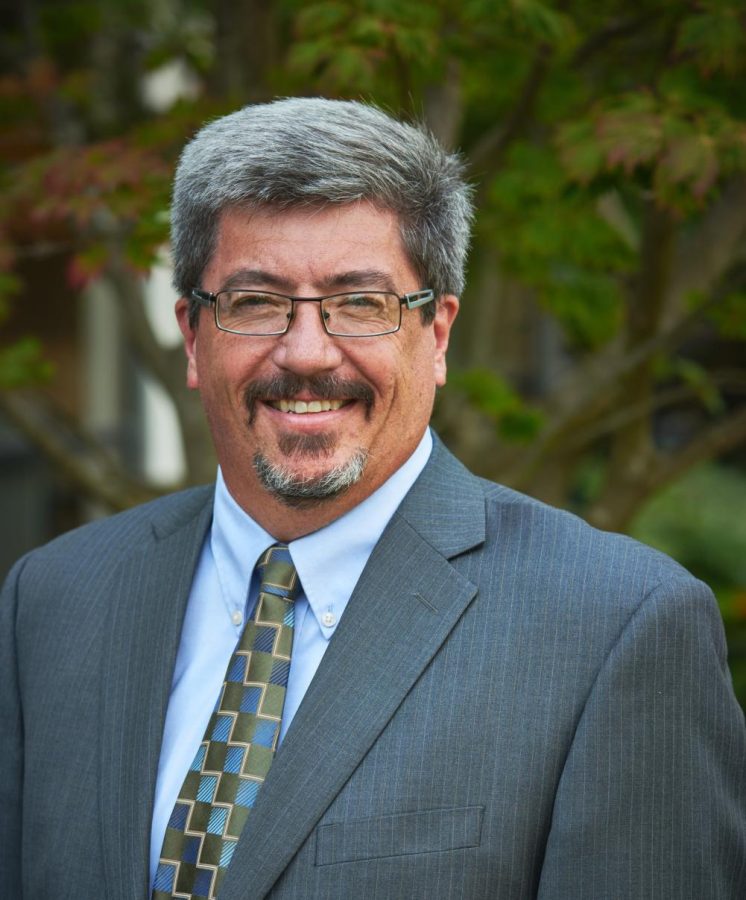Losing religious tolerance
Restriction is on the rise. In the United States and around the globe, people are objectively becoming less free in terms of their rights to safety and free expression. This reality is best proven by the fact that religious tolerance is experiencing severe threats around the globe.
According to the latest religion and politics studies from the Pew Research Center, religion-based hate crimes increased 23% from 2016 to 2017. While anti-Muslim hate crimes decreased from 2016 to 2017, anti-Arab incidents more than doubled, as Voice of America noted.
Anti-Semitic hate crimes also experienced a significant jump in incidents. This increase in religious hate crime is not by any means an American issue, but rather is a trend seen around the world. The same study reported that the number of countries where religious groups were harassed increased from 152 to 187 from 2009 to 2016.
Yet while the number of victims of anti-religion motivated hate crime has been increasing, the governments who would be expected to intervene in reaction to the increased violence have instead responded with increased restrictions on the groups that are victimized.
In 2016, 42% of countries had high or very high levels of overall restrictions on religion, identified as either containing restrictive government actions or from hostile acts by private individuals, organizations and social groups, a dramatic increase from 29% in 2007. The study also showed that Muslims, more than any other religious group, were specifically targeted by law enforcement and security services acting in accordance with emergency laws.
This trend reveals startling and concerning trends about the state of religious freedom within the global society, as there is seemingly a correlation between increases in religiously motivated hate crime and increases in government targeting of religious groups.
Religious tolerance is a fundamental component of peaceful democracy around the world. In light of increasing threats between the United States and Iran, instability in Venezuela and other precarious situations, the necessity of staying informed on the state of global conflict as we hold our governments accountable for recognizing oppressors, and standing up for the oppressed.
Conversations acknowledging these realities must become more prevalent in order to bring change, restore safety, and guarantee freedom.















































































